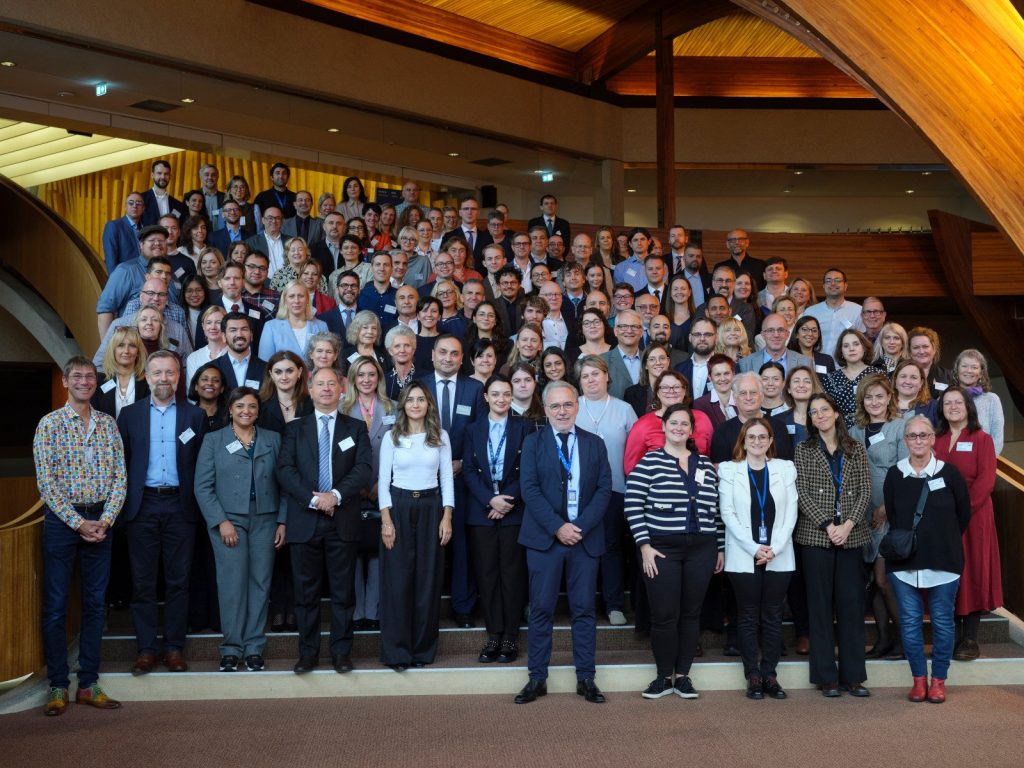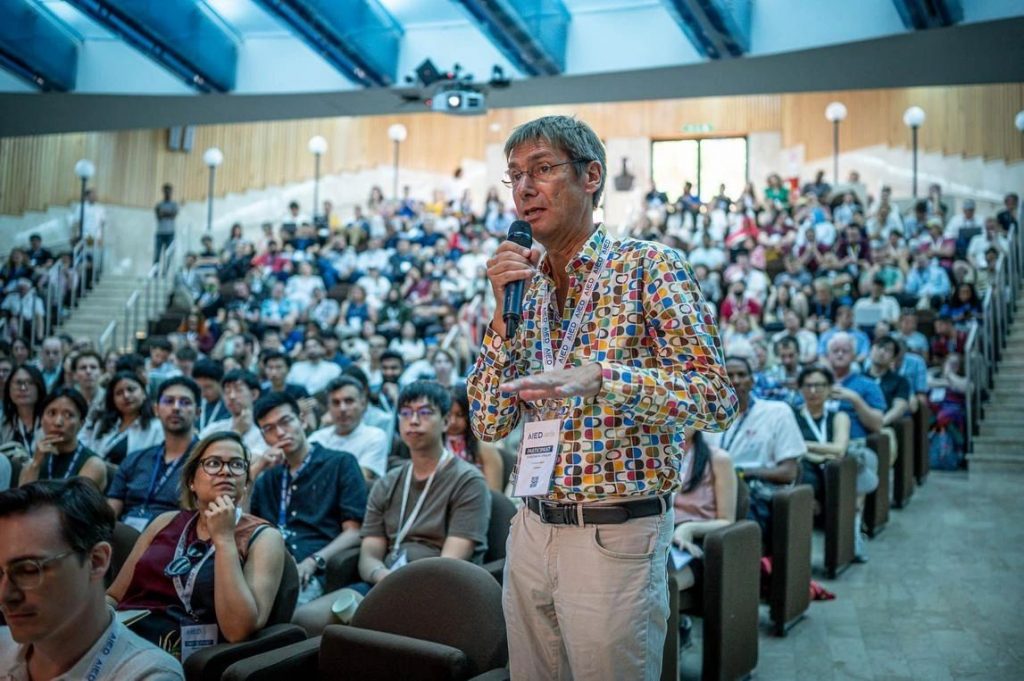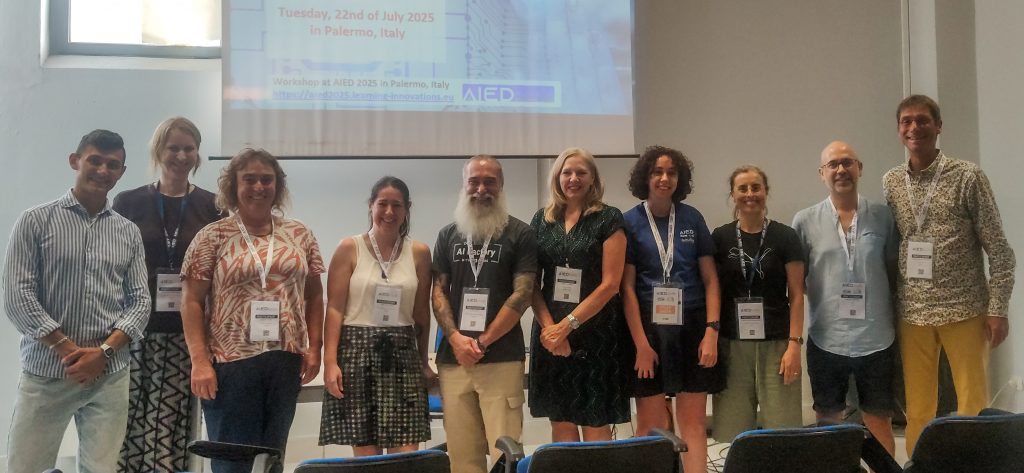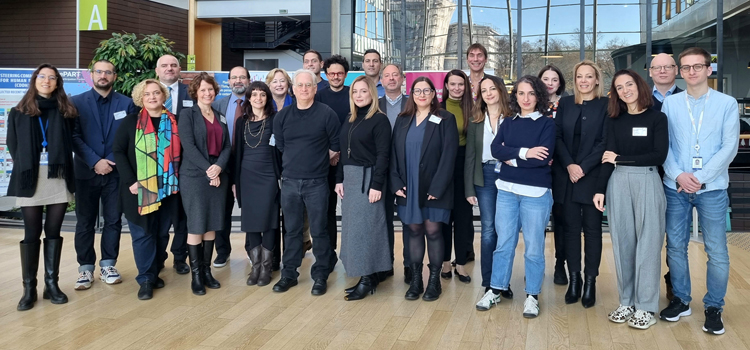I was very pleased to co-organize the Second Conference “Regulating the Use of AI Systems in Education” on 24th and 25th of October 2024 in Strasbourg. During this interactive event, the Council of Europe invited all stakeholders to discuss the needs for international regulation of AI in education.
Overall, this 2nd AI&ED Conference was a huge success. It brought together all relevant stakeholder groups (researchers, teachers, students, enterprises, public authorities, policy makers and NGOs) which was considered as a strong asset and advantages. And a need for a 3rd Working Conference in 2025 was expressed to discuss in detail the upcoming proposals for the international AIED convention as binding legal instrument and the AI Literacy Toolbox that will be developed in the meantime.
The 2nd Conference facilitated a deep exchange of experiences and engaged discussions in the interactive sessions. While this combination was highly appreciated, many participants demanded for more general debates and group work dedicated to specific topics in parallel sessions. During a 3rd Conference in 2025, the sharing of experiences could be facilitated through pre-recorded videos and publication distributed in advance to allow more time for the general debates and group work collaboration.
In summary, the following recommendations were made:
- Responsibility: In all AIED processes and aspects, there is always a human-to-human responsibility as the AI systems are developed, designed, implemented, offered and used by human beings with their specific responsibilities for the impacts of their activities.
- Evidence: There is a strong need for evidence-based research to collect and analyse large-scale data and information about the impacts of AIED and AI Literacy implementations.
- Holistic approach: The regulation of the AI use in Education (AIED) always requires the Education about AI (AI Literacy).
- Policy makers: Representatives from CoE member states and their public authorities should present their ideas, proposals and action plans related to future AIED and AI Literacy.
Finally, the urgency of AI regulation in education as a special sector was confirmed: Current legal frameworks, such as GDPR and the EU AI Act, are insufficient to address education-specific challenges, particularly concerning children’s rights. It is important that the legal instrument for the AI regulation in education planned by the Council of Europe is aligned and complementary to the Council of Europe’s Framework Convention on Artificial Intelligence, as well as to serve the core values of the Council of Europe, namely: human rights, democracy, and the rule of law.
More information about the Programme of the 2nd AI&ED Conference by the Council of Europe: https://opening-up.education/second-conference-on-ai-regulation-in-education-by-the-council-of-europe
More information about the mandate of the Council of Europe for the AI regulation in education can be found here: https://opening-up.education/mandate-for-aied-regulation-by-european-ministers




